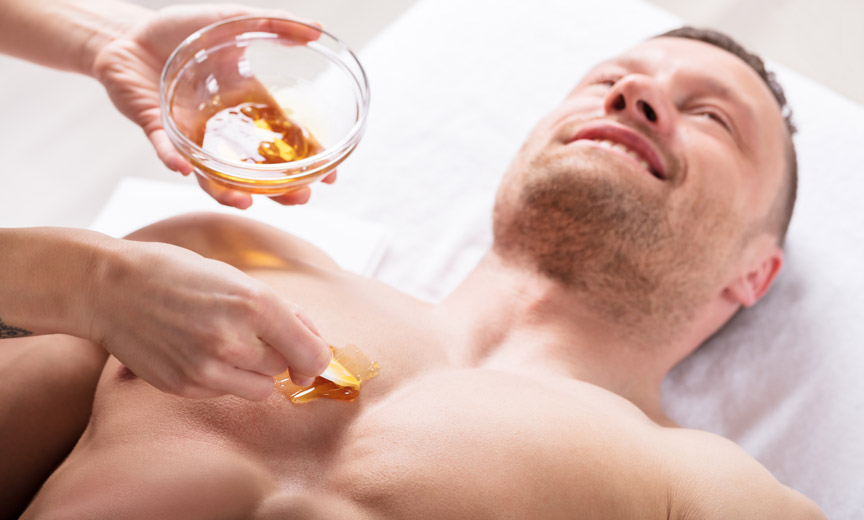A specific kind of honey has become all the rage in health food stores; we look at where it comes from and ask what makes it so special.
The Medical Benefits of Honey
Humans have known the medicinal benefits of honey since ancient times. It’s chock full of antibacterial and antifungal properties and has been used to address maladies from common colds to insomnia. In 1962, scientists learned that most of honey’s antibacterial properties derive from naturally occurring hydrogen peroxide (which is antiseptic).
A recent health craze has led to rising demand for manuka honey. According to John Rawcliff of the Unique Manuka Factor Honey Association, genuine manuka honey is sourced from the nectar of manuka trees. They are found almost exclusively in New Zealand, so the honey is rapidly becoming one of New Zealand’s most popular exports. Though these trees now grow uncultivated all over the country, manuka honey did not exist until European settlers brought honeybees to the area in 1839.
In the early 1980s, New Zealand’s University of Waikato ascertained certain strains of manuka honey have a unique property not present in honey from other parts of the world. Professor Peter Molan was a leading researcher of this honey’s exceptional antibacterial properties. In his article “What’s Special About Active Manuka Honey,” Molan explains just how much more effective manuka honey can be.
Scientists tested the honey for its ability to fight certain kinds of bacteria, Molan reports. They found it nearly twice as effective against a variety of bacteria commonly found to cause infection in wounds. In addition, it was dramatically more effective at combating a common cause of stomach ulcers.
Read Next | Which Sweeteners Are the Best for You? Which Are the Worst for You?
Establishing Honey Standards
The honey’s extraordinary properties drove demand for the product. So Judith Saunders of Trade & Enterprise Hamilton saw a need to establish industry standards regarding the trade and export of active manuka honey. In 1997, she brought together honey producers, marketers, and researchers. The result of this unique meeting was the Unique Manuka Factor Honey Association. This organization was designed to protect the name and reputation of manuka honey. It’s also designed to guarantee the quality of the product. The UMF seal certifies that the manuka honey you are buying will live up to the product’s exceptional therapeutic claims.
What’s the best way to use manuka honey? It’s pretty much the same way you might use other good-quality honey. Put some in your tea to soothe a sore throat. Try a spoonful before bedtime to enhance sleep. Even rub a touch on a paper cut as a disinfectant. However, you’ll want to use it in moderation as UMF-approved manuka honey can run anywhere from $35–$60 at your local health food store. Though that’s quite the leap from the price point of what comes in plastic bear, honey enthusiasts have been paying steep prices for raw, organic, locally sourced honey for years.

Read Next | Finding a Great LGBT Friendly Physician in New York
Last modified: September 19, 2019











